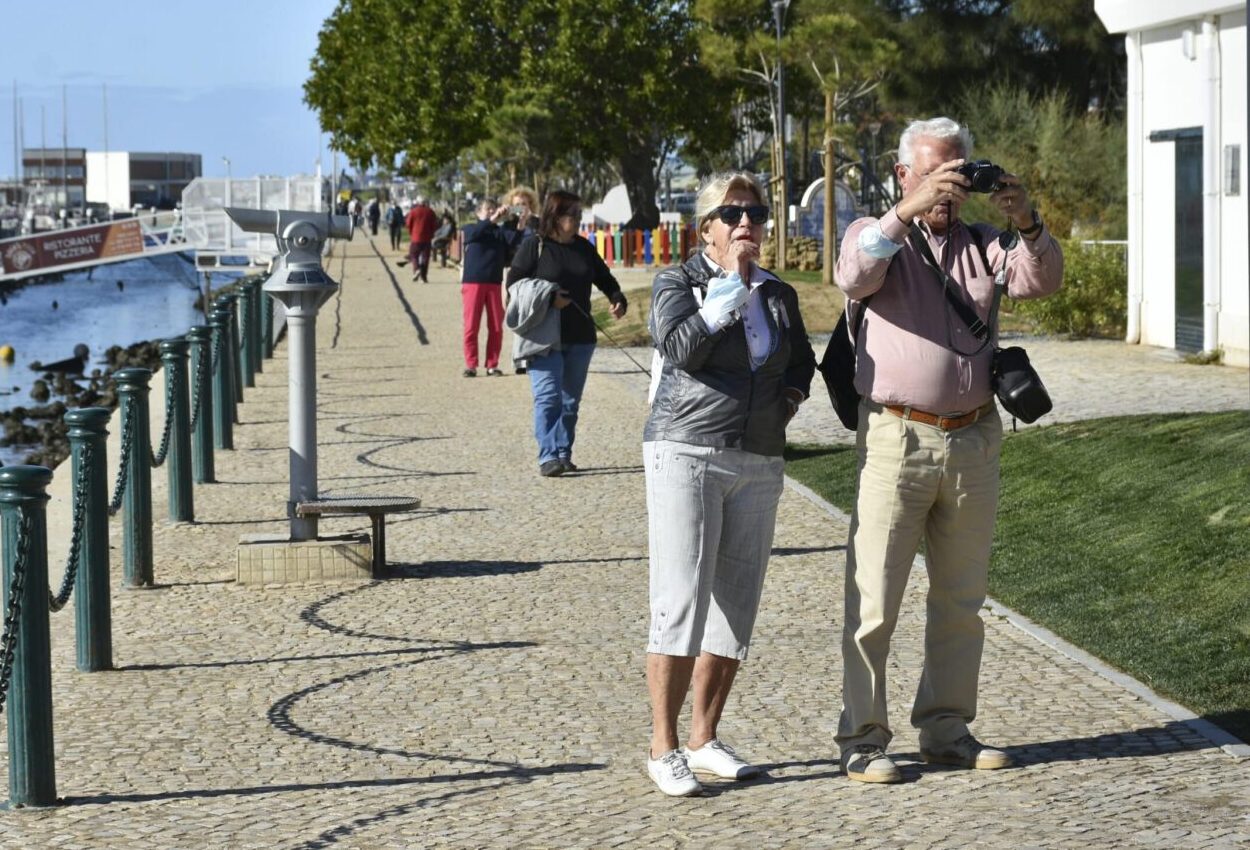Aim is “to reduce elevated premature mortality registered in Portugal”
A group of experts intends to propose to the Ministry of Health the creation of a National Vaccination Programme for Adults to enable the Portuguese to live “longer and better”, reducing “the high premature mortality rate in the country.
“We’re talking about the creation and management of a National Vaccination Programme for adults that doesn’t exist” in Portugal, president of the Portuguese Public Health Society (SPSP), Francisco George, told Lusa today.
The former director-general of health is one of the coordinators of the +Longevity project, a `think tank’ launched by the NOVA Centre for Global Health, an applied research laboratory at the NOVA Information Management School (NOVA IMS).
“First of all, we have to recognise that there are many Portuguese who die before their time, who die prematurely. In 2023, in proportional terms, 20% of those who died would not be 70 years old,” stressed Francisco George.
According to Francisco George, a significant part of the causes that bring forward the end of life are due to infectious diseases, which today, unlike in the past, are preventable by vaccination, especially with the new vaccines with very recent technologies and which, in addition to confirmed safety, have an important protective function (see below).
“There is a window of opportunity here, through technological advances in the preparation of vaccines, to protect adults and to reduce premature mortality so that we can live longer and better,” he went on.
According to the former head of the Directorate-General for Health, costs associated with acquiring these vaccines would always be offset by the reduction in costs related to cases of illness, hospitalisation and intensive care.
This group of experts is focusing its attention in particular on respiratory diseases that can develop very seriously in those who are not vaccinated, such as flu, pneumonia and respiratory syncytial virus (RSV) infections.
“Vaccination against the flu, either with the classic vaccine or, in the elderly, with the so-called high-dose vaccine, is very effective in preventing complications that result in hospitalisation and admission to intensive care,” said one of the coordinators of +Longevity.
The same is true, according to Francisco George, of pneumonia, claiming that there are currently “excellent vaccines that are indicated for adults to prevent problems due to pneumonia of bacterial origin”.
“But there are also other respiratory infections, such as that caused by the respiratory syncytial virus, which have vaccines that are very effective,” he said.
The work being carried out at this Nova University centre brings together experts from various specialities, such as medicine, epidemiology and pharmaceutical sciences, among others, “in order to understand, without further expenditure on the State budget, what can be done to prolong and improve the lives of the Portuguese,” he said.
“We’ve had excellent experience since 1965 with the National Vaccination Programme – the calendar for children – but now we’re talking about adults,” said Francisco George, adding that this is a scientifically based reflection with the aim of proposing a new programme to the Ministry of Health.
The group of experts is analysing comparative data in terms of action and results in various European countries and the United States of America.
“The Portuguese population, unlike other European countries such as France and Italy, generally adheres to vaccination programmes,” said the association’s president, for whom the central aim of this work is to help people “live longer, but also better” throughout their lives, Lusa repeats.
According to the indicators published by NOVA IMS, Portugal is the sixth OECD country with the highest average life expectancy after the age of 65, but it lies in the fourth worst position when taking into account actual healthy life years.
All this being said, there is a growing body of understanding that “new vaccines with very recent technologies” could be behind a growing number of adverse reactions, including the (re) activation of cancers.
That body of opinion would not agree that these ‘new vaccines’ can boast ‘confirmed safety’. The jury therefore would have to be out over their ‘protective function’.
One important factor to remember in this bid by Portuguese experts to create a national vaccination programme for adults, is that the national vaccination programme for children is not compulsory (and contrary to urban myth, children in Portugal can attend State schools, from start to finish, without being fully or even partially vaccinated) – therefore any new programme would almost certainly be optional.
Source material: LUSA /London Evening Standard/ doctor.asseem.com



















